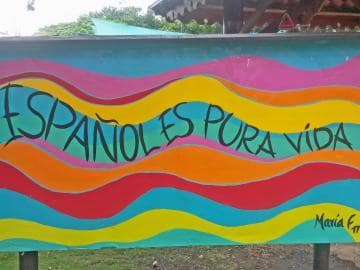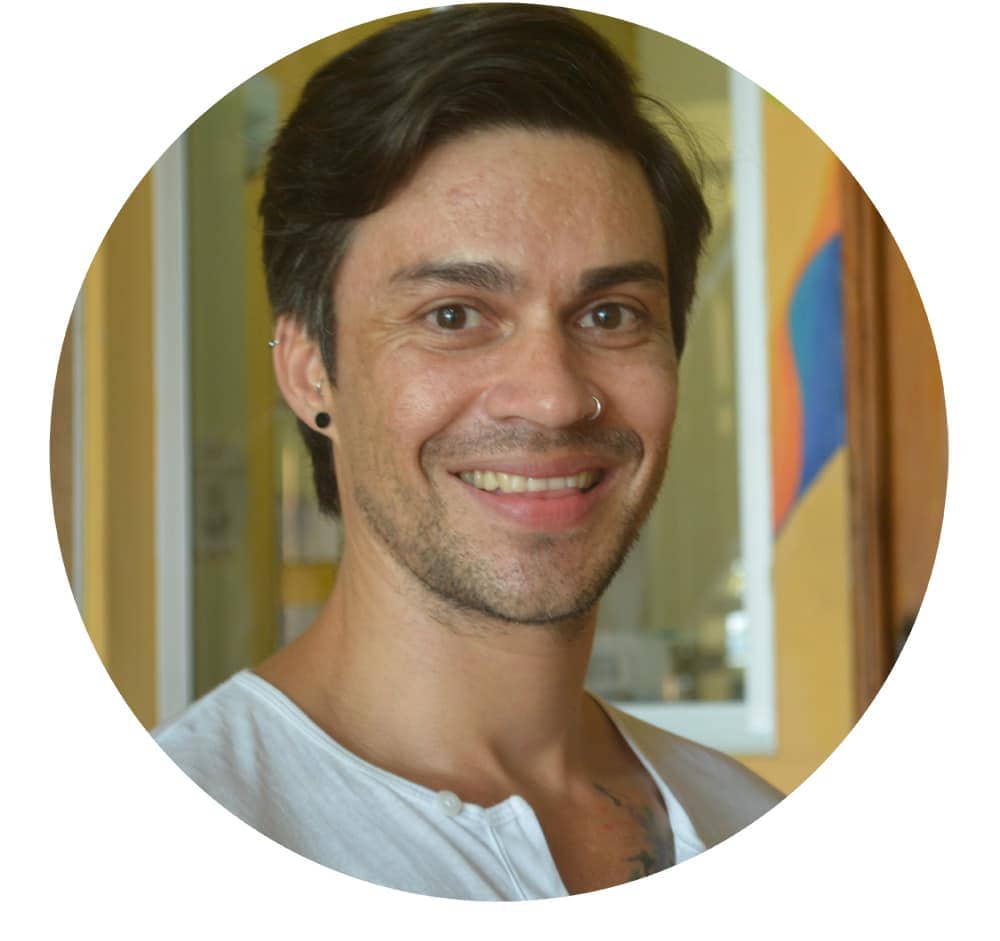
Bilingualism as a way of life
Becoming “bilingual” is, in short, an arduous task. Clearly, bilingualism is not a simple goal and is that perhaps one of the most important points: Bilingualism is not the result but rather the process. As the Uruguayan singer-singwriter Jorge Drexler would say in one of his songs, one must “love the plot more than the outcome.”
Learning a language is a process of cultural adaptation that entails a commitment to openness, awareness, empathy and, in addition, a cognitive effort that brings significant benefits to various areas of our lives.
A person who speaks two or more languages has the advantage of traveling the world with fewer barriers and obstacles, and more confidence and general fulfilment. This is perhaps why one of the main reasons for learning a language – even at the level of “survival” – is to travel. There are many worlds around us, short and long distances that become shortened with the options that this moment in history offers us. Now, every corner of the planet can be a new version of our home. In many of these places, communication is based on a language that we do not know. How can we experience that new world in a self-absorbed way, recognizing a minimal part of an experience that, with knowledge of the language, could be much more enlightening and unique? Meals, drinks, clothing, accessories, people, relationships, experiences and more … these are there to be examined through our external gaze, which in turn redefines and enhances them.
Learning the language is a key to new and wonderful worlds that allow us to become more aware of our place on earth and our own culture.
The world has experienced, since ancestral times, dynamics of a global character; this has been modified by production systems focused on an imposed and aggressive globalization, wherein products, brands, political systems, cultural manifestations, interaction dynamics … and with them, the human being, have all been “globalized”. Multiple frontiers have been eliminated, and as this happens we move away from the longing for “exclusive” and “pure” manifestations of culture.
Today, fortunately, westernized societies are more diverse, with richer intercultural landscapes. In this constant interaction people are once again the center of attention and people with knowledge of other societies and languages can choose jobs that require not only knowledge in their profession, but also empathic forms of communication that include cultural sensitivity to be able to help people in a state of vulnerability. Specialists in health, psychology, social work, education and law, for example, have seen how their work niches have been adapted to the needs of linguistic and culturally diverse societies.
The path to bilingualism is a key that opens opportunities to grow as professionals with ethics.
On the other hand, approaches to bilingualism represent a way to challenge our brain in special ways. Languages are not just forms of communication, they are ways to name the world and represent realities. Language has the ability to reveal or conceal ideologies and a brain that has the option of handling two language tools will work more effectively because the learning of a second language is a type of training that exercises the potential of our undervalued brain. Bilingualism greatly improves the attention, memory, and receptive capacity of the brain.
People who speak two or more languages are considered linguistic “multi-taskers;” this means that in addition to processing several tasks at the same time, that can also correctly select the relevant report. It seems that handling two languages means to handle two representations of the same reality and this is not only a constant challenge, but a stimulus for the brain to create a kind of “cognitive reserve”. In addition, studies over the years have suggested, with increasing support, that the ability to speak two languages may delay the onset of Alzheimer’s and dementia.
In this way, we conclude that, although the path to bilingualism is not “simple”, the process of learning a new language can become a personal and social stimulus that improves our perception of the world as an absolute and relative dimension, our professional paradigm in a career that is not only a professionalized practice but a human connection which represents improved well-being for our society.
 Written by Spanish teacher Jesús Cárdenas
Written by Spanish teacher Jesús Cárdenas
Jesús is Costa Rican and has a strong passion for his native Spanish language. He is a lover of the Latin American culture and arts. Jesús studied Latin American literature and has worked as a teacher ever since, at primary schools, high schools and universities. He has been teaching Spanish as a second language for 12 years and is also involved in facilitating professional development workshops and teaching material.





